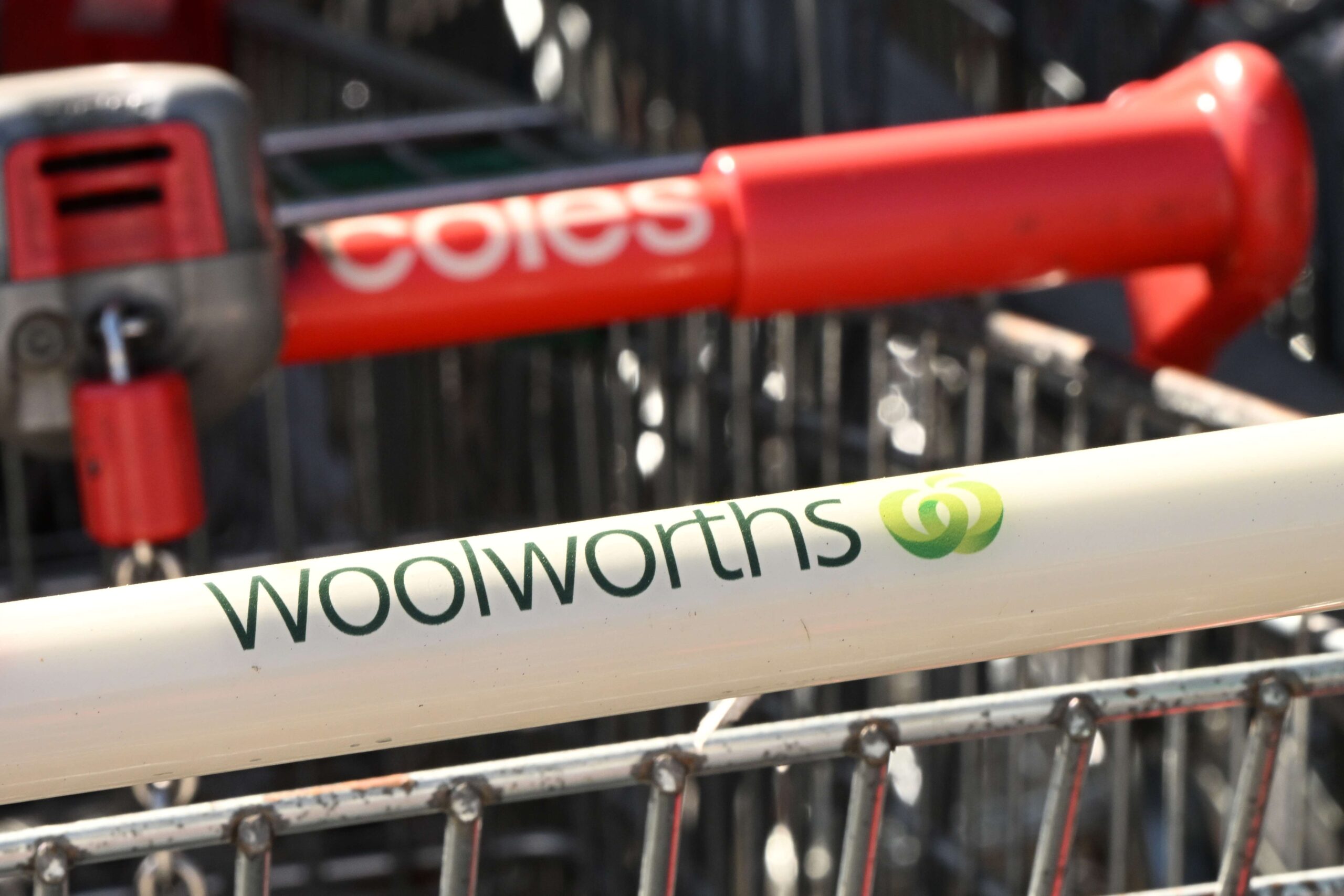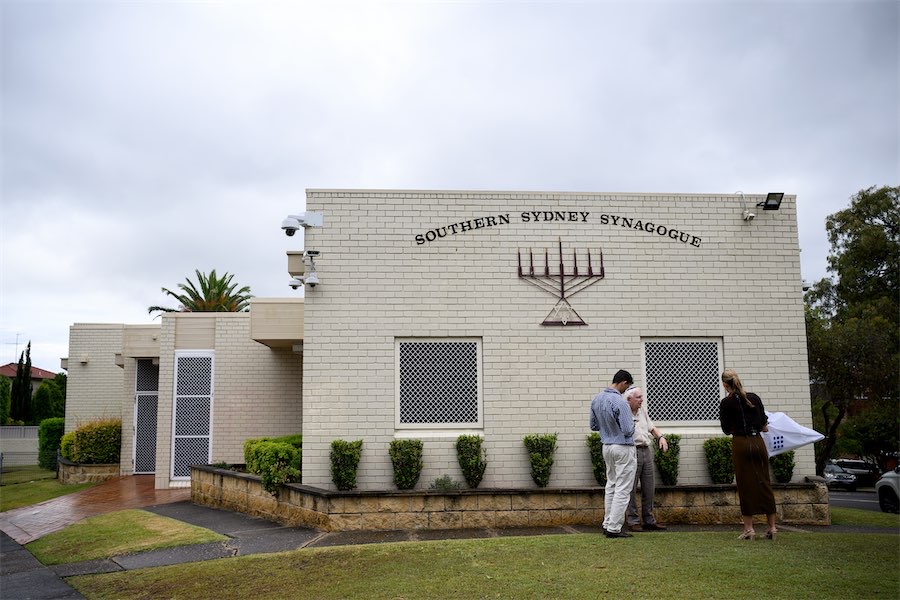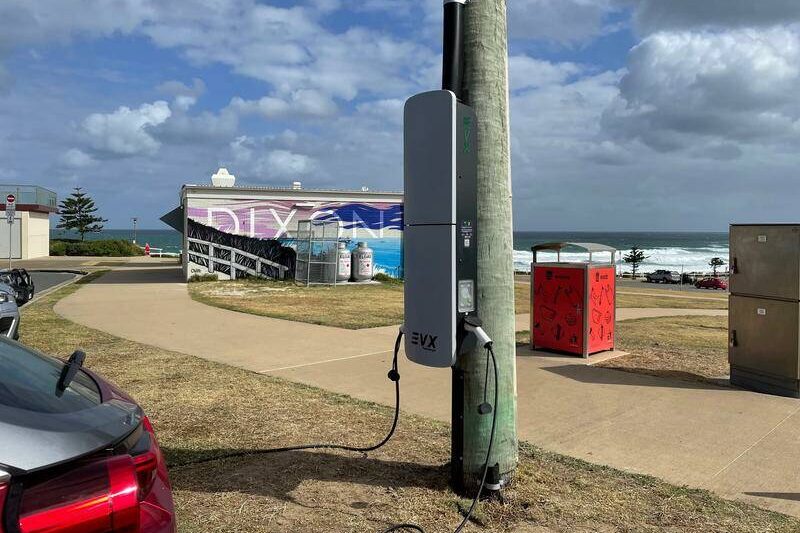
Consumers have lost trust in supermarkets amid perceptions they have profited from the cost-of-living crisis, advocates have told an inquiry.
Meanwhile, profits have fallen for suppliers, who are sometimes asked to pay for discounts on their own products.
The Australian Competition and Consumer Commission started public hearings for its inquiry into the supermarket sector on Thursday.
Representatives from Woolworths, Coles, Aldi and Metcash – which licenses the IGA brand and others – will appear throughout November.
Hearings will examine price-setting practices, retail competition, supply chain concerns and the profit margins of major chains.
Australian Food and Grocery Council chief executive Tanya Barden said suppliers sometimes propped up retailer margins.
Sector concentration means suppliers predominantly rely on major supermarkets to sell their products and profitability fell for years prior to the COVID-19 pandemic, as the industry struggled to pass on cost increases.
Supplier agreements sometimes came with requirements to subsidise supermarket discounts.
“Essentially, a payment from the supplier to the retailer to support their profit margin,” Ms Barden said.
Many consumers have lost trust in supermarket pricing while suppliers have said they are forced to agree to unfavourable terms, according to the commission’s interim report.
Choice campaigns director Rosie Thomas told the inquiry public perception had earned Coles and Woolworths the consumer advocacy group’s Shonky award for “cashing in during a cost-of-living crisis”.
“There is this real belief among consumers, they are feeling frustrated and sceptical around the prices,” she said.
The scepticism was much higher amongst Coles and Woolworths shoppers, with almost two-thirds believing the pair profited by increasing prices, compared with just over a quarter of Aldi shoppers, Ms Thomas added.
But Choice did not have the data to establish whether the supermarkets were in fact “cashing in” and only the consumer watchdog had the information-gathering powers required to get the truth, she said.
While trust in the supermarkets had plummeted in recent years, Choice chief executive Ashley de Silva noted it fell from a high base after the COVID-19 pandemic, during which they acted swiftly to help consumers.
Combined Pensioners and Superannuants Association senior policy officer Billy Pringle said people on fixed incomes were particularly sensitive to sudden price changes.
But when they did not see the same cost increases that the supermarkets blamed for upping their prices, scrutiny followed.
“Suddenly it starts to feel like the reality of that price increase might come more down to what Woolworths and Coles can get away with,” Mr Pringle said.
Indigenous Consumer Assistance Network financial counsellor Martina Kingi said remote communities had always faced significantly higher prices and received worse products, when they could get them at all.
“Our mob have been dealing with this for a very long time,” she said.
Community-run stores were trusted more and usually offered better prices.
Greater transparency from privately owned stores on why prices were higher, beyond blaming freight charges, would help, Ms Kingi added.
“Some of the private stores are there to make a buck … they’re not really hiring locals or anything like that,” she said.
Assistant Competition Minister Andrew Leigh said a mandatory code of conduct governing the relationship between supermarkets and suppliers would soon replace a “toothless” voluntary code, carrying significant penalties for those in breach.
The ACCC in September sued Coles and Woolworths, claiming the retailers misled customers with illusory discount schemes.
Both grocers deny the allegations and say the cases are misconceived.
The inquiry’s final report will be delivered to the federal government by February.
Who can be trusted?
In a world of spin and confusion, there’s never been a more important time to support independent journalism in Canberra.
If you trust our work online and want to enforce the power of independent voices, I invite you to make a small contribution.
Every dollar of support is invested back into our journalism to help keep citynews.com.au strong and free.
Thank you,
Ian Meikle, editor





Leave a Reply